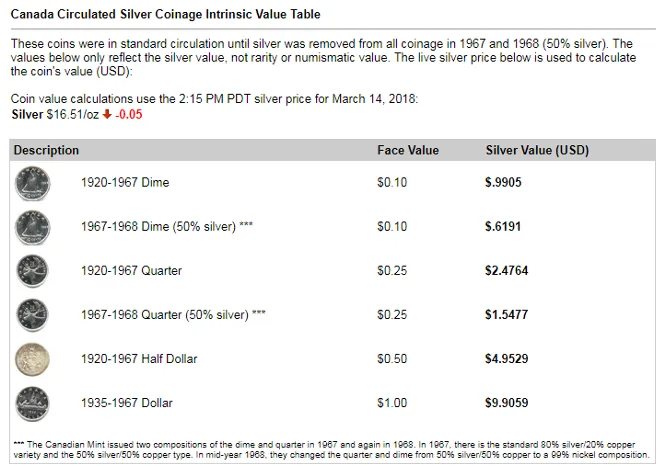The Fight for Fifteen has grown, and we're starting to see the effects that every economist without an agenda predicted – machines will replace overpriced low-skilled workers. It has happened. In fairness, it was just a matter of time before that technology came out and replaced these jobs, but the overvaluing of the labour by the employees sped up the process drastically. It was worth the R&D costs to get these machines to market now rather than to invest a little in them over time and have them come out in the future. The burger flipping robot is one example. Self-serve kiosks (which certainly do speed up the checkout process) is another. The scan-as-you-cart-it method another investment replacing workers. At one point in time, the combine replaced workers, much like automation took many manufacturing jobs. These are all technological progresses that will continue to occur, and that's a good thing.
The important thing is, people survived. They found other things to do, other ways to be productive, other ways to be creative, other ways to find purpose with their day. After a period of adjustment, everything got better for everyone.
But that's not what I'm discussing. What I'm tackling today is that wages don't really matter. Yes, you'd rather make $15 am hour than $10 an hour if all things were equal, but things don't have to be equal. What if the average wage was only $1 an hour? Most people would find that to be a terrible thing. But what if a new house only cost $1,000? That's a thousand hours of working, or 25 FT weeks. At $15 and 25 weeks, that might buy you a new entry level car, but $15,000 isn't buying you a house.
This is the issue. Wages don't really matter. What does matter, is purchasing power, and it has been going down for a long time. Purchasing power doesn't just affect the price of a house or a car, but all the daily transactions that one makes, from groceries, to clothing, to utility bills, and every other purchase on top of that.
Legislators don't seem to want to talk about the decline of purchasing power. It is simply not in their best interest to say that no matter who was in office, government has failed the people. There are outliers like the Ron and Rand Paul who have spoken up, but their still in the minority despite the power their voices have generated.
The cause of that is, of course, government. Since backing off of the gold standard, purchasing power has gradually been reduced and reduced. A dollar doesn't buy what it once did, not even 10 years ago, and remuneration has not kept pace with it either for anyone in the working world. This isn't the fault of the CEO. The CEO doesn't control the value of the currency. That is straight from government and its lovely printing press.
This chart, provided by coinflation.com (time marked) show the face value of coins and what their value would be had the rare metals been kept in the coins. The ability to print money without backing it to anything has become a massive hindrance to everyone. This isn't breaking news to anyone, and the government certainly isn't going to stop it anytime soon. Wages and salaries might keep rising a little bit, but that's just masking a greater problem, which is that the money is broken.

So how does it get fixed? Well, we could fix the currency, but that would take a global effort from government, since they are pretty much all broken, and unifying a world government is certainly not a step I wish to take. The globalists have done enough wrong to this world already.
The other option, and the one that anyone reading this on its original upload would be contributing to, is to take power of currency via a decentralized platform. This is where cryptocurrencies come in. The purchasing power isn't going to be fixed by government, but when crypto coins stabilize, and they will, they will become the greatest source of maintaining purchasing power. I'm simply waiting for the day where I can be paid in XMR. So until then, go forth and spread the good word.